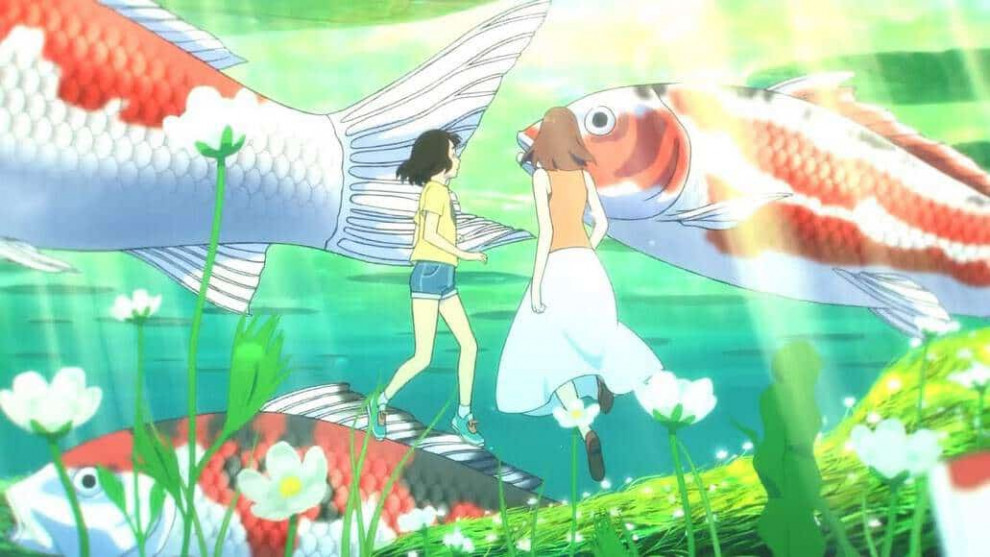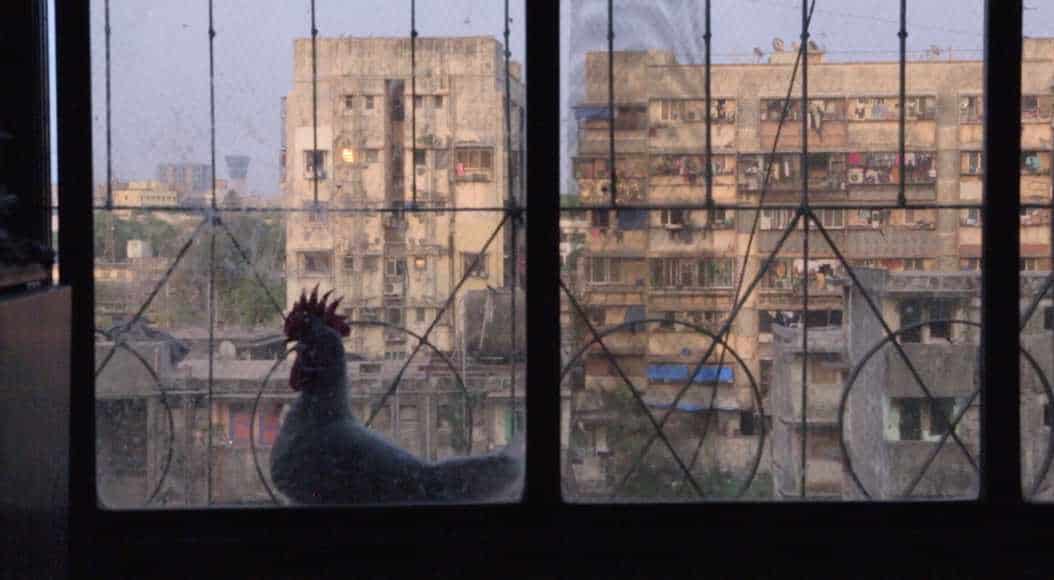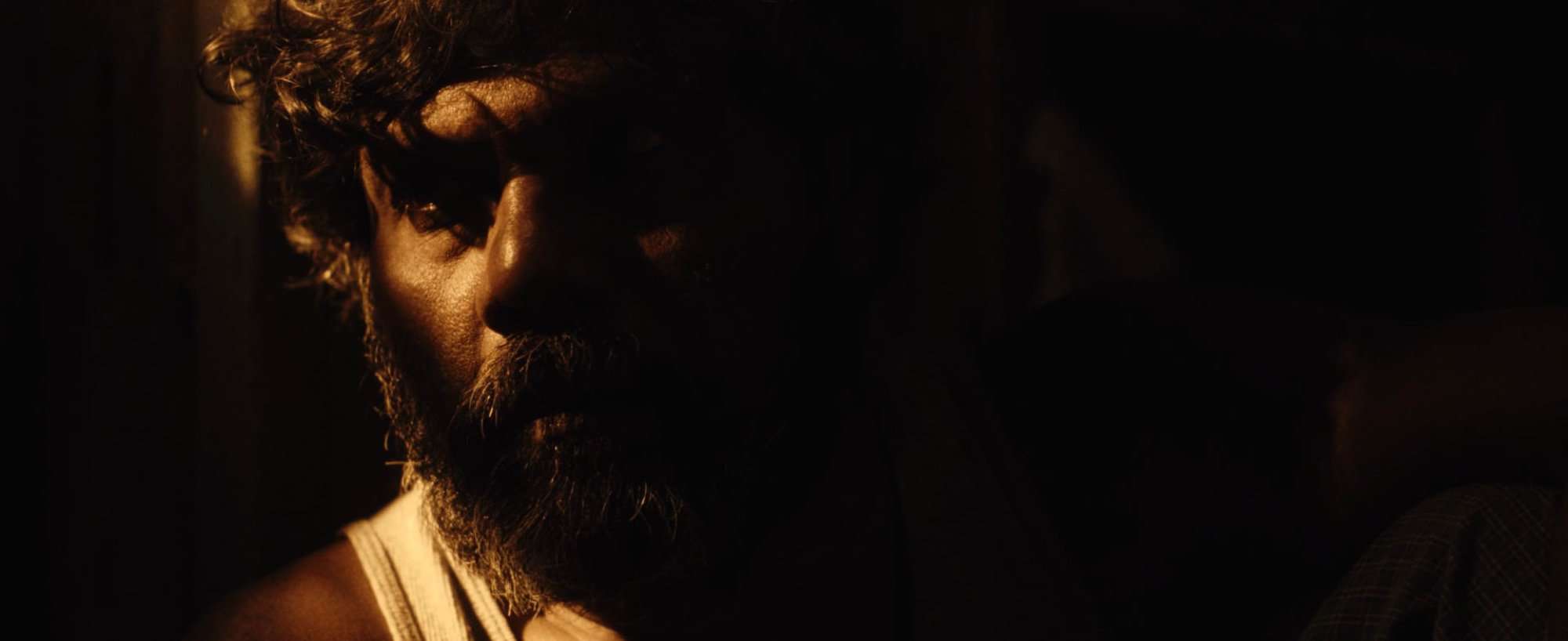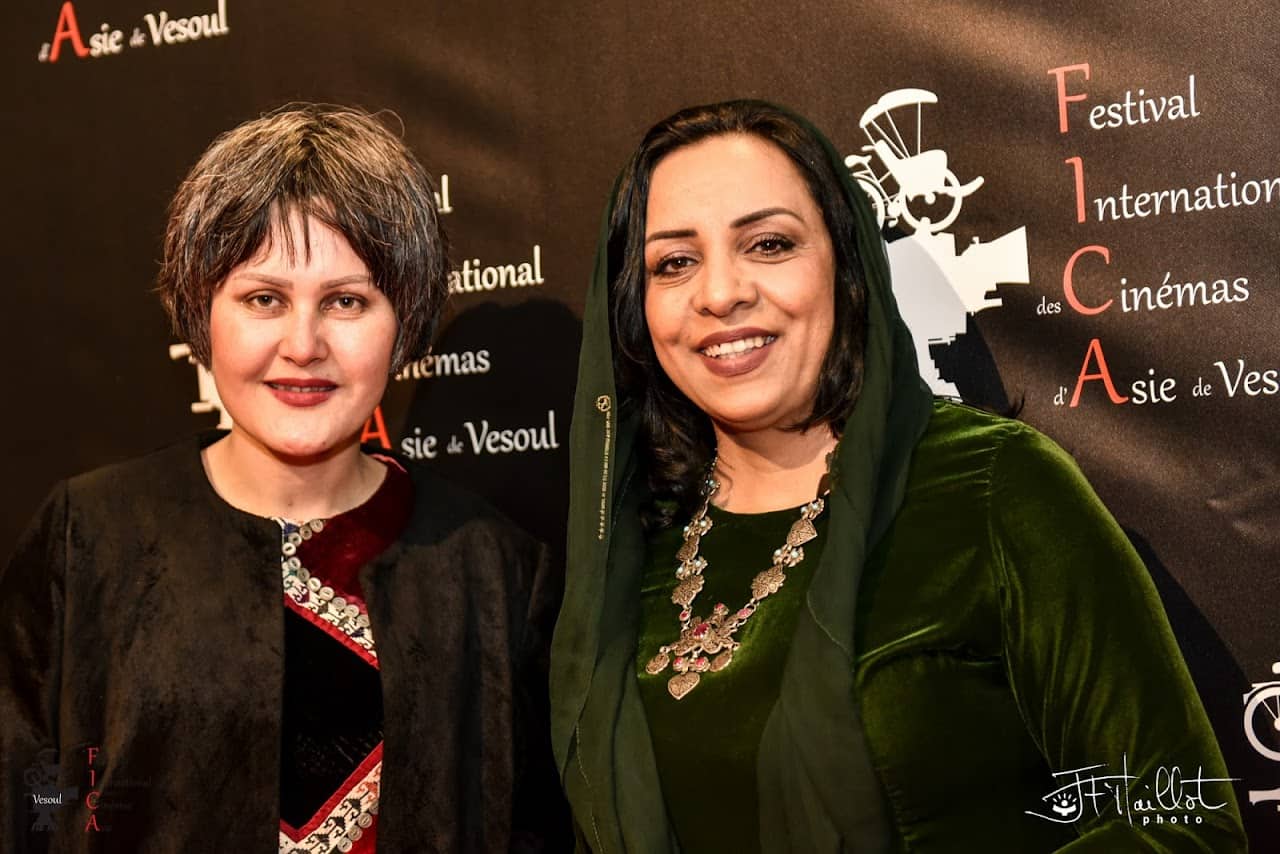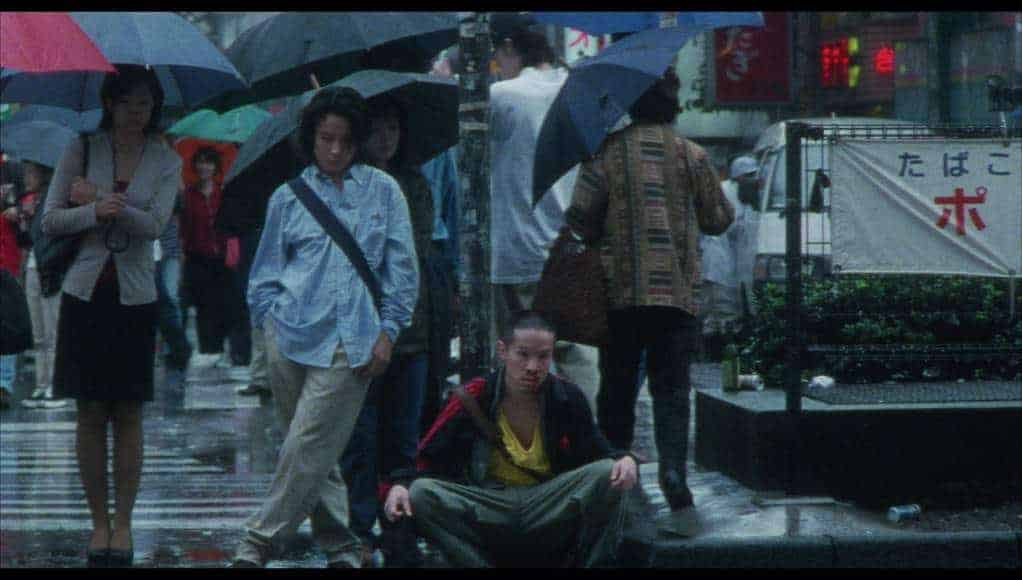Days away from her birthday, teenage girl Akane feels listless as she comes up with excuses to stay in bed rather than attending school or going outside. She is even less thrilled as her mother tells her to visit her aunt Chii, the owner of a little bric-a-brac store, in order to receive her birthday present. However, as Chii is looking for her present and Akane browses the store, out of the blue a hidden trap door to the basement opens and a tall man appears accompanied by a small apprentice called Pipo.
As the man introduces himself as Hippocrates, a world-famous alchemist, he tells Akane that she is the Goddess of the Green Wind and he has been looking all over for her. Eventually the girl and her aunt accompany the two men to the world beyond, a world on the brink of chaos, a world which only Akane may be able to save.
“The Wonderland” is screening at
Fantasia International Film Festival

In his new film, director Keiichi Hara presents a coming-of-age tale, which, as the title already indicates, bears some common ground with Lew Carrol's timeless classic “Alice in Wonderland”. Based on the novel “Strange Journey from the Basement” the man behind “Miss Hokusai” and “Colorful” shows his viewer a world lying just beneath our own. While both worlds could not be further apart in some aspects, the overall impression of the world beyond is defined by how much it reminds us of ours and the problems we have to deal with.
For obvious reasons, the main focus of the film, of the director, Miho Maruo's script and the animation lies in the building of these two worlds. Even though the “world beyond” contains fantastic elements, the dichotomy of the idyllic village and the heavily industrialized, overpopulated city, among other issues, makes this place almost seem like a mirror image of ours. Especially the problems the villagers have to deal with – shortage of resources and fear of loss of livelihood – are familiar, making the world, its people and their conflicts feel closer to the audience. At the same time, the addition of elements like magic and alchemy add a fantastic element to the story which is often quite fascinating, especially when practiced by such enigmatic and odd figures like Mr Hippocrates.

Despite the interesting side characters, one of the film's weak spots lies in the design of the protagonist. Whereas her fascination and irritation of the world beyond may result in some funny scenes, the overall impression the viewer has of Akane is that of a rather shallow, spoiled girl. The development of her character may tone down some of these features, but essentially they persist throughout the film, leading to the question if you can actually speak of a development in the strictest sense of the word. Another, more positive factor may be the chemistry, or rather antipathy between her and her aunt, most notably when the other points out quite often how different Akane may feel about things like love once she grows older.
In the end, “The Wonderland”, also titled “Birthday Wonderland”, is a film about growing up and taking responsibility, featuring great animation, especially in the design of the world beyond and some of the characters. Even though the main character may strike audiences as odd and overall less engaging, the film has many positive aspects which fans of anime will likely enjoy.


